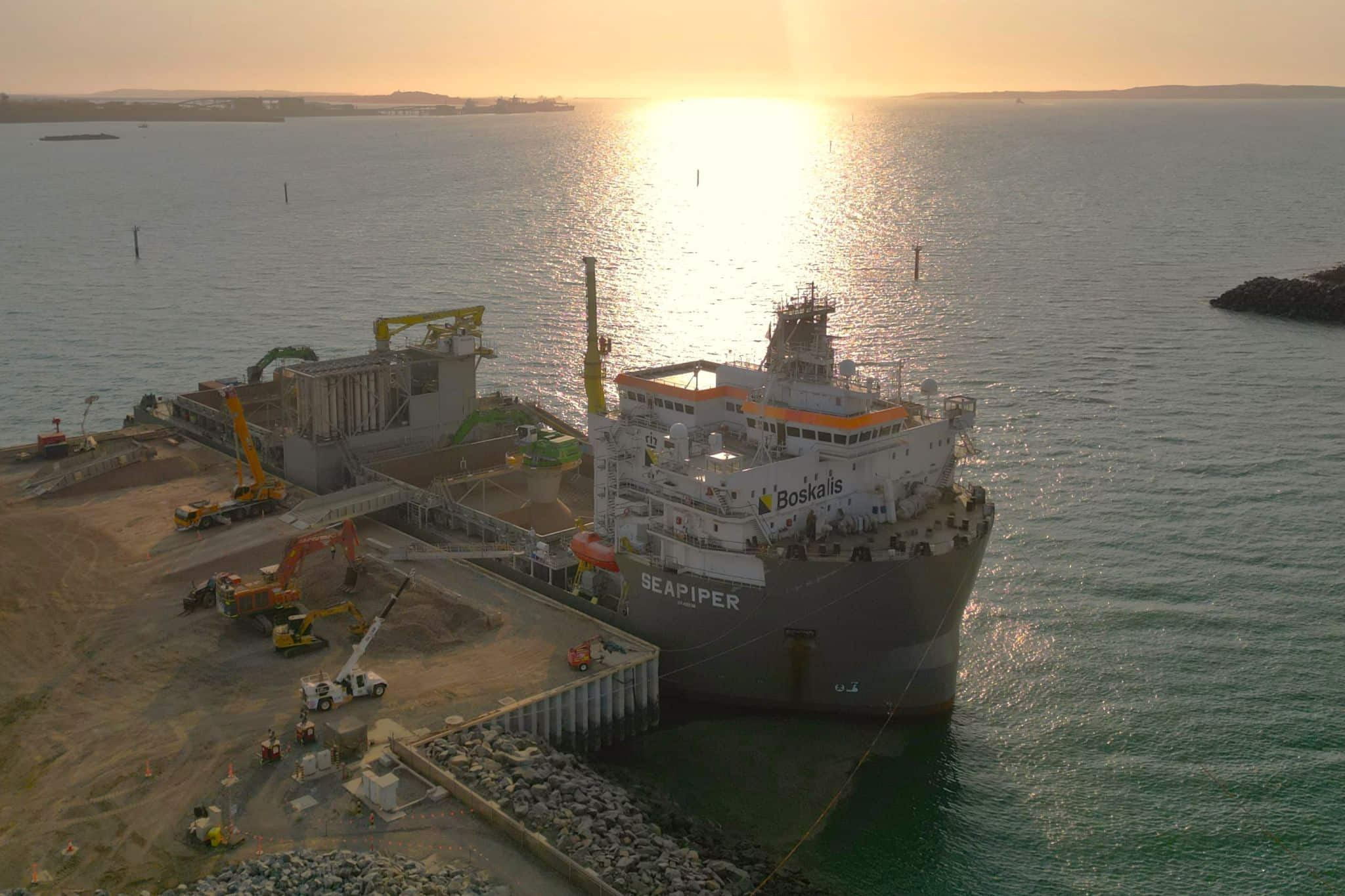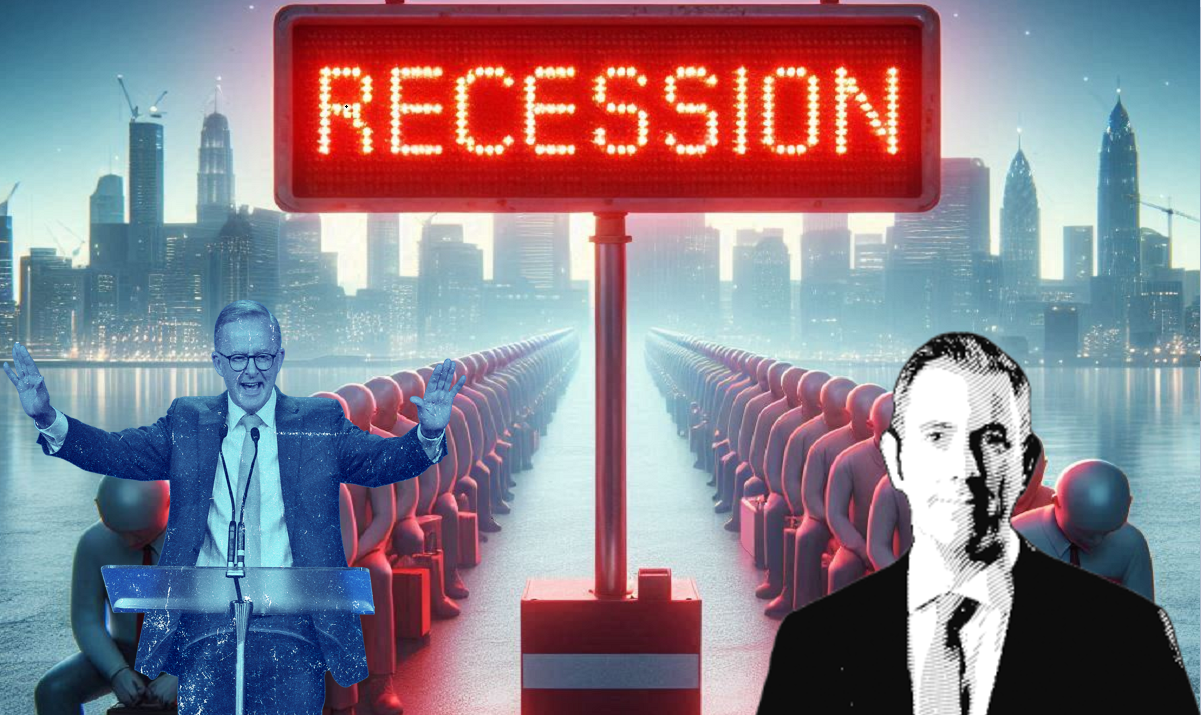‘That’s a career killer’: the brutally high stakes of bringing The Office to Australia

- by Admin
- September 30, 2024

Some TV projects have the power to make or break everyone involved. Producer Sophia Zachariou knows that her latest is one of them.
“I remember when we were first pitching it, people were like, ‘you want to do an Australian version of The Office – why the fuck would you want to do that?’” she says. “That’s a career killer.”
The eight-episode season of Australia’s take on The Office will be released in full on 18 October, arriving with the unique potential to be either one of the biggest homegrown TV shows ever, or a global laughing stock. Already, the world is watching – the show’s trailer amassed more than 2m views in its first two weeks, along with plenty of unimpressed comments from fans of the original series determined to hate the adaptation before even seeing it. “The problem with a reboot,” one such commentator quipped, “is it feels like The Office, but wrong”.
The bar has certainly been set high. It’s been more than 20 years since the original version of The Office debuted, Ricky Gervais carving David Brent and the longsuffering staff at a Slough paper company into pop culture history. But it was the US adaptation that became a true global smash, running for nine seasons and picking up five Emmy awards along the way.
Since then there have been 10 more spin-offs, everywhere from Quebec (La Job) to Chile (La Ofis) and even Saudi Arabia (Al Maktab). But as the first English-language spin-off since Steve Carell became Michael Scott – and one that will be available to stream globally on Amazon Prime, with the exception of the US – it’s one that fans everywhere will be waiting to appraise. Which is a very daunting prospect.
“I know Amazon were terrified at the time [of pitching]. We were all terrified,” Zachariou says. “But also, that’s what comedy is about – it’s about finding that sweet spot where you can push the boundaries, be scared, but actually create something that’s new.”
We’re speaking on set in western Sydney, during the seventh week of the shoot. The real-life office building in western Sydney was chosen for its daggy decor, and has been decorated with little Easter eggs for true Office fans (a recipe for “Kevin’s chilli” is tacked on to a noticeboard, a reference to the US version).
The DNA of The Office is there (the mockumentary format, the unrequited love between two workplace besties, the pained glances at the camera), but there are also some big differences to give this series a unique flavour for a global audience – though the team say their primary intended audience is Australians. All the scripts and storylines for the Australian adaptation are original, and the first plot centres around the return to work after Covid. It is peppered with Australianisms like the Melbourne Cup, sausage sizzles and a trip to a reptile park. And, perhaps most significantly, the incompetent boss at the middle of it all is a woman – another global first, and a lightning rod for controversy.
“There’ll be lots of very angry Ricky Gervais fans – there already are – that there is a woman playing his holy role,” says Felicity Ward, the Australian comedian and actor stepping into the job. (Also gender-flipped is the Gareth/Dwight character, who is now a woman named Lizzie, played by Edith Poor).
“The big criticism that very angry, sad little boys on the internet had was, ‘It’s gonna be woke! It’s gonna be leftist!’” Ward says. “They’re just afraid that we’re going to make the Marxist Office. And that is not what we have here.”
A certain more high-profile man also voiced concern.
after newsletter promotion
“I remember Ricky Gervais said, when we told him we were doing a female lead, ‘David Brent’s such a man baby. How did you get a female to do that?’,” says Zachariou. “Well exactly, you don’t. She’s not a female baby. She’s just incompetent.”
Ward’s bad boss character, Hannah Howard, is the manager of Sydney-based box company Flinley Craddick (its slogan: “Think Inside the Box”). By Ward’s own description, her character is “fucking useless”, “bad at her job”, and “a compulsive liar” – traits she notes female lead characters rarely get to be, and which she loved getting to play.
Ward helped to develop the marrow of the character during rehearsals, crafting a lead who is desperate to be liked by her staff and seen as “one of the guys” by her drinking buddies. In a detail that will make sense only to Australians, the costume department’s reference for her character was senator Jacqui Lambie.
For Ward, who has been a standup for 16 years, it’s a dream role – but the pressure is on.
“I’m a successful standup in that I pay my bills, I bought a house – but I’ve never had a break that has made my life significantly easier, or has given me access to other things. And I don’t know if this job will do that,” she says. “But there are lots of people who are very talented, who never get a vehicle to let them be the best version of themselves. And this is a vehicle that lets me be the greatest dickhead that I could be.”
It was a real search, producers say, to find the right woman for the job. They knew she had to be experienced in standup, good at improv and have the “courage” to take on such a high-stakes role – Ward was one of only two or three names they considered. It also took a long time to get the series off the ground. Zachariou and executive producer Kylie Washington (the pair are married) first pitched the series to Amazon in 2019. Writers’ rooms began over Zoom in 2020 and auditions were held in late 2021 – but shooting didn’t start until July 2023, on what has been whispered to have been a tortured, stalled development.
“I think most of Australia auditioned for it, to be perfectly honest,” Ward says. “It was moved, it was on and it was off … The important thing is that we’re here now.”
In the three episodes of The Office made available to the Guardian before the show’s launch, Ward is a compelling and, yes, very funny lead; likable despite her character’s deliberate cringiness. Tonally, the series feels closer to the US version than the British; writer and co-developer Jackie van Beek says they opted to make something warmer and “less edgy” than the original, reflecting the blue Sydney skies they’d be shooting against. And efforts were made to capture the essence of Australian slacker culture – after all, unlike our American counterparts, “we all have universal healthcare”, adds Zachariou.
Ward says her initial reaction to news of the Australian reboot was surprise. “Honestly, I was like, why?” she laughs. “I was like, great. And why?” The sentiment was shared by actor Raj Labade, who plays an intern called Sebastian: “I thought it was a pretty terrible idea, to be honest,” he says. “But [within] the first couple of weeks of shooting I was going, ‘oh, actually, this might be really good’, which is very exciting.”
“It feels like we’re making something wonderful,” Ward agrees. “But you can never tell.”
The Latest News
-
December 21, 2024‘Dream come true’: Emotional Test bolter on shock call-up and classy act from man he replaced
-
December 21, 2024‘Got this wrong’: Former skipper criticises selectors’ call
-
December 21, 2024The Kings horse Gilded Water wins at Randwick races
-
December 21, 2024Nick Kyrgios has chance to become first player ‘to do it all’, says tennis great in big statement about Aussie
-
December 21, 2024Australia retains Rose Bowl after rain-affected victory





